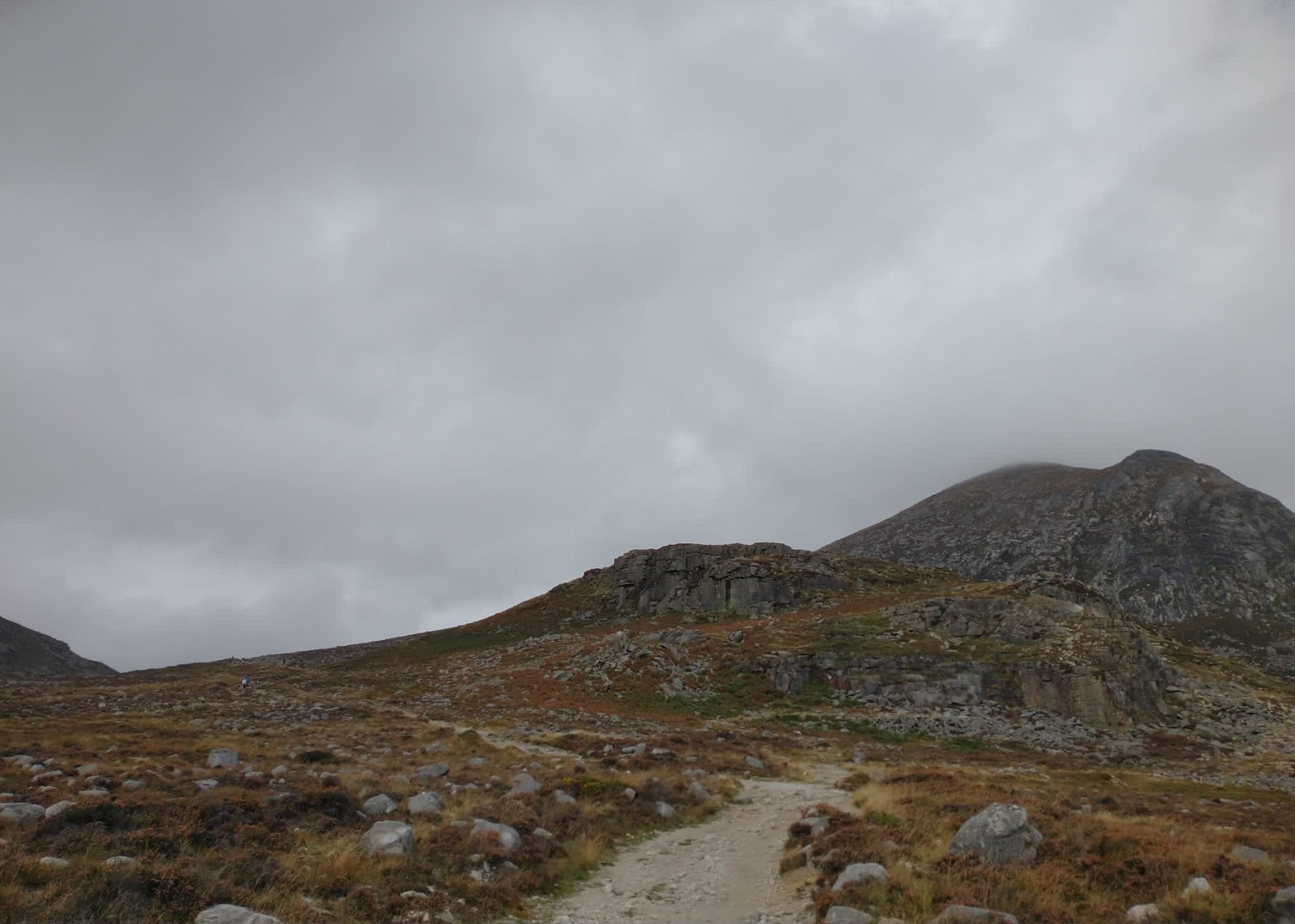By Stephanie Blythman
I first heard of Úna Gan a Gúna in 2019 through a post shared on the Irish in Britain page on Facebook. As a theatre historian, particularly one who also works in theatre and film, I have long been interested in the power and importance of storytelling. I am also incredibly lucky to come from a family who, on both sides, take an interest in looking into and passing down stories about our family history. Knowing who I am and where I come from is something I often took for granted when I was younger but, as I have gotten older and found myself becoming ever more deeply involved in studying history, I have become increasingly aware of just how easy it is for ordinary people’s stories to be lost and how often that happens.
I got in contact and began talking to Ruth Beecher about the possibility of getting involved soon after seeing that post, but between work commitments and a pandemic it was not until the spring of this year that I was able to properly begin volunteering. Since then I have gotten involved by assisting with interview transcription and helping with trying to grow the social media account, as well as being interviewed myself.
One of the things I like most about the project is that it is not just about gathering and documenting Irish women’s stories but also about encouraging conversation between mothers and daughters, grandmothers and granddaughters, aunts and nieces, as the interviews are often carried out between family members which allows a different interview dynamic to develop than might otherwise. It is fascinating to hear how different people’s interviews can be from each other, and what topics they find themselves dwelling on over the course of the conversation.
Ireland has come a long way since the 1930s, which is our starting point for gathering memories, particularly in the last thirty years over the course of the Celtic Tiger boom period through the economic recession following the 2008 crisis. I am really looking forward to seeing how Úna Gan a Gúna grows and expands its reach to find ever more diverse voices, and what those testimonies can tell us about the lived experience of Irish women over the past century.



